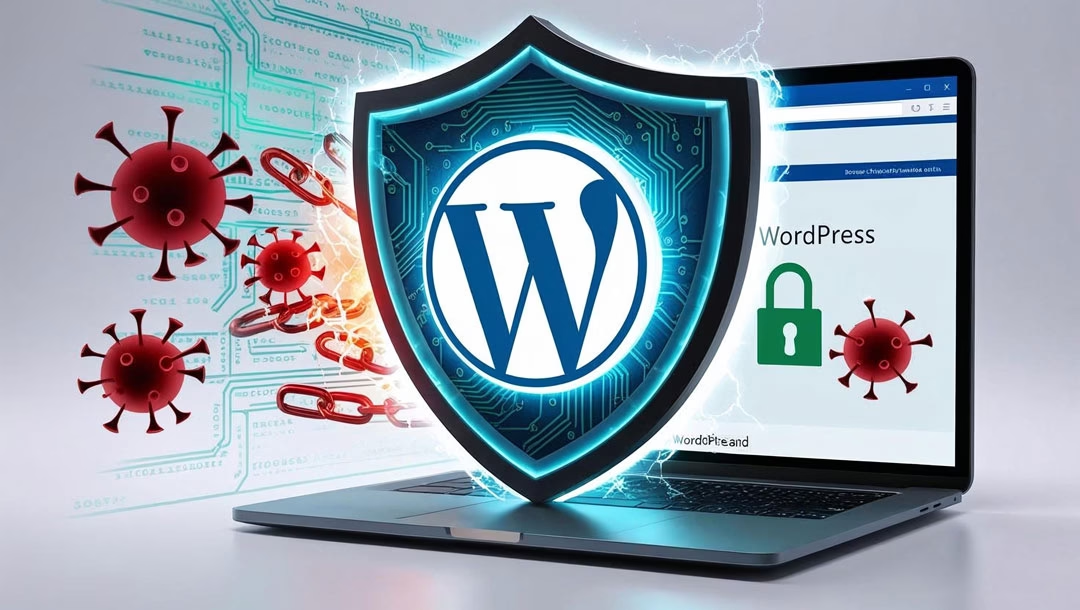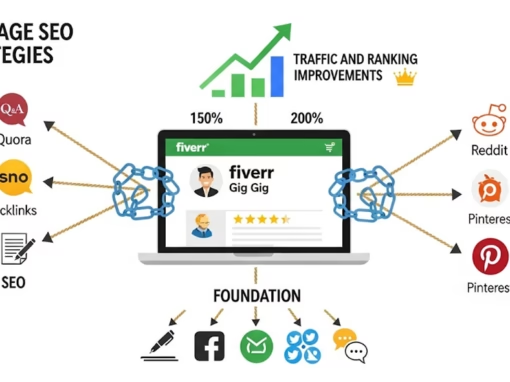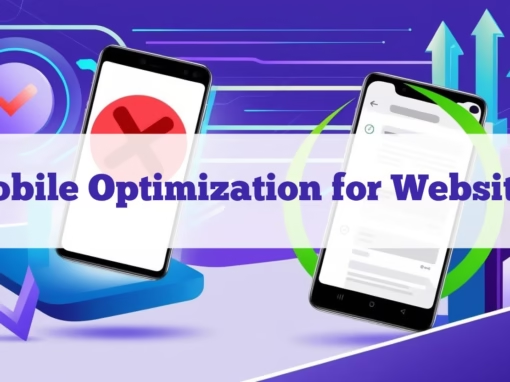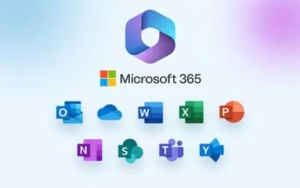With 43% of all websites built on WordPress and over 90,000 hacking attempts per minute targeting the platform, WordPress website security is no longer optional—it’s critical. As a web developer who’s resolved over 50 compromised WordPress sites, I’ll share actionable, professional-grade strategies to protect your site from evolving threats.
Why WordPress Security Matters
A single breach can lead to:
- Data theft (user emails, payment details).
- SEO penalties (Google blacklisting hacked sites).
- Revenue loss (downtime, ransomware demands).
- Reputational damage (eroded user trust).
According to Sucuri’s 2023 report, 70% of hacked WordPress sites were running outdated software. Let’s fix that.
Common Security Pitfalls to Avoid Immediately
1. Default Admin Usernames
Using “admin” as your username simplifies brute-force attacks. Solution:
- Create a new administrator account with a unique username.
- Delete the default “admin” user via Users > All Users.
2. Outdated Core, Themes, and Plugins
Unpatched software is the #1 entry point for malware. Best Practices:
- Enable auto-updates for WordPress core.
- Remove unused plugins/themes (they still pose risks).
3. Excessive User Permissions
Limit access with WordPress roles:
- Administrator: Full access (assign sparingly).
- Editor: Manages content, not settings.
- Subscriber: Basic profile access.
Essential Tools for Robust WordPress Security
| Tool | Purpose |
|---|---|
| Wordfence | Firewall, malware scanner, and login hardening |
| Cloudflare | CDN + DDoS protection + bot blocking |
| UpdraftPlus | Automated backups (store offsite) |
| iThemes Security | Two-factor authentication (2FA), file monitoring |
Step-by-Step WordPress Security Checklist
1. Strengthen Login Protocols
- Enable Two-Factor Authentication (2FA): Use Wordfence or Google Authenticator.
- Limit Login Attempts: Block IPs after 3 failed attempts (use Loginizer).
- Rename Login URL: Change
/wp-adminto a custom path with WPS Hide Login.
2. Configure Hosting Security
Choose hosts offering:
- Web Application Firewall (WAF): (e.g., SiteGround, WP Engine).
- PHP 8.0+ Support: Older PHP versions lack critical security patches.
- Isolated Hosting: Prevent cross-site contamination (common in shared hosting).
3. Encrypt Data Transfers
- Install an SSL Certificate (free via Let’s Encrypt).
- Force HTTPS by updating Settings > General site URLs to
https://.
Advanced Security Measures for WordPress website security
1. Harden Your Database
- Change the default database prefix from
wp_to a custom value (e.g.,xq29s_). - Use plugins like WP-DBManager to optimize and repair tables.
2. Disable File Editing
Add define('DISALLOW_FILE_EDIT', true); to wp-config.php to block theme/plugin editing via the dashboard.
3. Monitor Activity Logs
Tools like WP Activity Log track:
- User logins/logouts.
- Plugin/theme installations.
- Post/page revisions.
Recovering from a Hack: A 5-Step Crisis Plan
- Isolate the Site: Enable maintenance mode with SeedProd.
- Scan for Malware: Use Sucuri SiteCheck or Wordfence.
- Restore from Backup: Ensure backups are clean and pre-hack.
- Audit User Accounts: Remove suspicious admins.
- Update All Credentials: WordPress, hosting, FTP, and database passwords.
SEO-Friendly WordPress Website Security Maintenance Tips
- Fix Hacked SEO Spam: Use Semrush or Ahrefs to scan for toxic backlinks.
- Submit a Reconsideration Request to Google after cleaning malware.
- Monitor Uptime: Tools like UptimeRobot* alert you to downtime (a breach red flag).
FAQs: WordPress Website Security Best Practices
Q: How often should I update WordPress plugins?
A: Weekly. Critical patches (e.g., Elementor, WooCommerce) should be applied within 24 hours.
Q: Are free security plugins effective?
A: Yes—Wordfence and Sucuri’s free tiers block 90% of common threats. For e-commerce sites, upgrade to premium.
Q: Can I recover a hacked site without backups?
A: Yes, but it’s time-intensive. Use Wordfence’s malware removal guide or hire a professional.
Final Word
WordPress website security demands vigilance, but the ROI—trust, uptime, and SEO rankings—is invaluable. Schedule monthly audits, invest in reliable hosting, and educate your team on phishing risks.
Need Help? [Book a WordPress Security Consultation] with our experts to identify vulnerabilities and implement enterprise-grade protection.









0 Comments